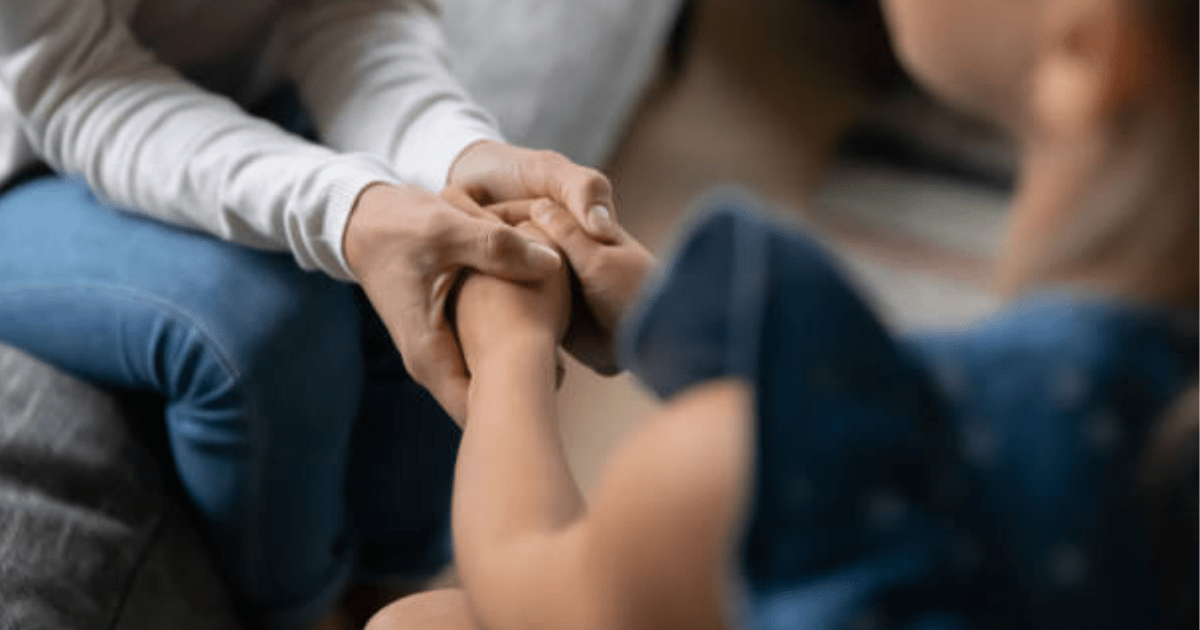
Adopted children and adults often feel resentment and abandonment once they know the truth about their birth. Even if they grow up in a loving and wonderful household, they continue to search for that missing piece – their biological parents.
Everybody strives to achieve a sense of belongingness. It is more than feeling comfortable and at home with people who matter the most but it also gears on feeling the love, care, attention and acceptance. Adopted children and adults feel that the absence of their real parents contributes to the way they think, act and behave.
Common Psychological Issues of Adopted Children and Adults
Sad to say, the moment children or adults know the truth that they are adopted, it dramatically changes everything about their identity. There is a constant demand for answers to questions that could somehow help them in knowing their real self.
1. Rejection
Once they know that they are adopted, their immediate question is: why does their biological parents have to give them up? They instantly feel that their real parents do not want them and they choose an easy route to have a free and easy life. Adoptive children and adults feel abandoned and rejected by their own family.
2. Low self-confidence
There is a tendency that they belittle themselves because they do not know who and where they came from. There is information about their birth that they do not completely know about. They always have this constant nag that there is something missing in their life. They lose their confidence because they do not feel complete.
3. Guilt
Adopted children and adults feel guilty for taking the time in searching and knowing their birth parents. Though they know that they have every right to know their history, they could not shake off the feeling that perhaps they are betraying them.
4. Loss of identity
Once the truth about being adopted is revealed to them, they suddenly question their entire existence. They will often conclude that their identity is not at all true and their thinking and behavior are just the results of environment and not genetics.
5. Disconnection
Along with questioning their identity, the child or the adult may slowly untie their connection with the family. They think that they do not belong with them and they are just strangers staying indefinitely. They do not share the same blood with other people in the family and thus, create a wall around them.
Reasons Adoptive Parents Hide the Truth about Adoption
Adoptive parents should know the importance of telling their children the truth about their birth. Even if they have given everything they need and more, still the children need to know where they come from. However, this does not come easy for many.
1. Parents are waiting for the right time.
Waiting for the perfect time is crucial in dropping the truth bomb. Others think that the best age would be when they are older and more understanding. However, researchers believe that it is better to tell them at a young age. As a matter of fact, as young as three years old can already grasp the concept of adoption.
2. They do not want to confuse the child.
Children need time to fully understand what adoption is and how this relates to them. There is no easy way to explain to children that they are adopted. Telling them the truth requires a certain level of maturity for children to comprehend. This also needs an impeccable skill for parents to properly put into words their intentions.
3. They are afraid that the child will choose to be with their biological parents.
Adopted children and adults would seek answers about their identity because they want to be whole. Though this is good, adoptive parents are scared that once they know who their biological parents are, they will choose to be with them. They want to experience what it is to live with their own parents.
4. The child may develop psychological issues.
Parents are worried that knowing the truth may cause psychological issues to children. They choose to withdraw themselves from the family and develop extreme loneliness and sadness because of feeling incomplete.
5. The child may learn to hate them.
Other children find it hard to accept that they are adopted. Not telling them the truth right away means that they are being betrayed and played. It is possible that negative emotions will stir up that would cause them to run away or to get mad at their adoptive parents.
Asking for Emotional Support and Help

Talking about the truth about adoption is not easy for both adopted children and adoptive parents. It is a sensitive topic but should be discussed openly to avoid problems in the future. Coming into terms with it calls for courage and open-mindedness. It can even trigger emotional and mental issues that are not hard to cope with.
Mindshift Psychological Services will help you pave down the path so that it will be straightforward and painless for all parties involved. They will provide care and support to adopted children and adults in dealing with the truth about themselves.
On the other hand, adoptive parents will learn how to effectively handle their children’s reactions and sentiments. It is not just about being honest with them but it is also about continuing to trust each other.
If you want to know more about their excellent services, visit their website or contact them at (714) 584-9700. Some of their services that have been a great help to many include Depression Therapy, Family Therapy and Trauma Therapy.



